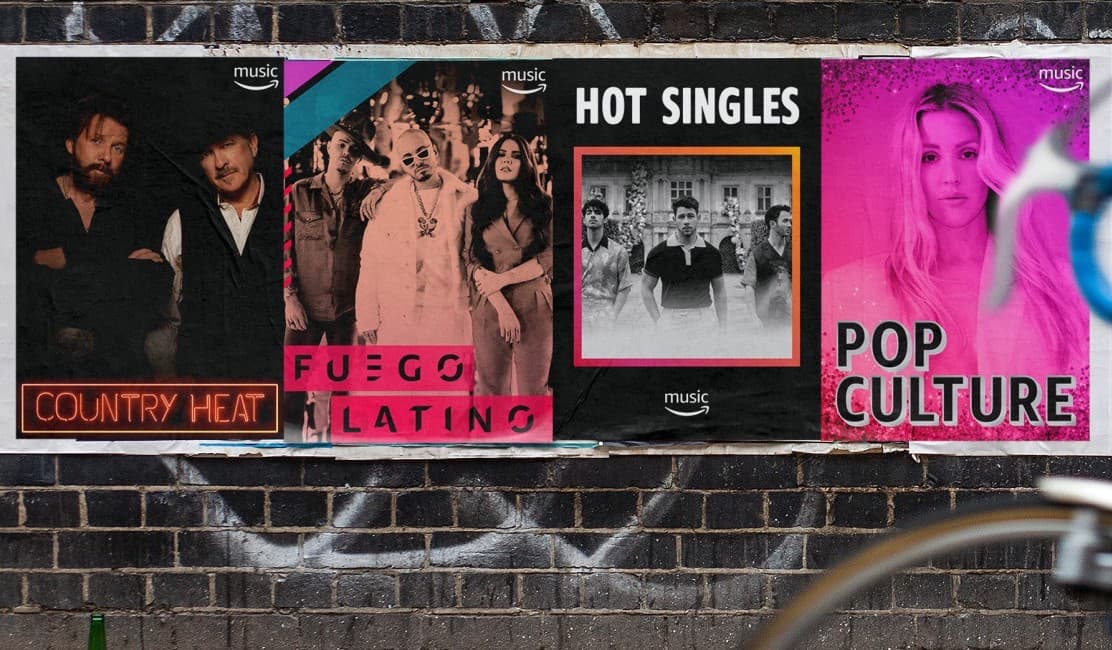
After treating Alexa customers in the United States to free ad-supported music, Amazon is now thought to be gearing up to launch a premium music offering rocking higher audio resolution.
We understand that Amazon is currently in discussion with various large music rights-holders regarding the upcoming launch of a high fidelity music streaming platform—and that at least one major record company has already agreed to license it.
The service is expected to launch later this year. In exchange for fifteen bucks per month, it should offer a bit rate better than what one source described as “better than CD quality,” implying something better than 44.1kHz at 16 bits.
A music industry source told the publication:
Think about it: Amazon will have every tier of recorded music covered, from free streaming through to limited catalog via Prime, a full Spotify rival in Music Unlimited and a high-definition service—in addition to vinyl, CD, merchandize and more. We haven’t seen anything near what they’re capable of in music yet.
The vast majority of music-streaming services in use today use lower bit raters to conserve bandwidth. This is great for the average consumer but there are people who are not willing to put up with audio degradation because of compression.
Those are typically kinds of people who’d rather have their left ear chopped off than listen to their music through Bluetooth headsets such as AirPods. It’s that niche that the likes of Tidal and Deezer have attempted to target with more or less success.
Specifically, Tidal’s $20 per month Hi-Fi tier offers CD-quality lossless streams at 44.1 kHz / 16 bits. Deezer’s $20 per month Hi-Fi tier also streams music at 44.1 kHz / 16-bit via FLAC files.
But Tidal also offers a Masters tier for true audiophiles with thousands of albums encoded at 96 kHz / 24 bits. Tidal partnered on the Masters tier with digital music company MQA and “it’s understood that Amazon has not partnered with MQA for its own HD tier,” the report has it.
It should be noted that some mastering engineers, musicians and technologists have dismissed Tidal’s use of MQA as nothing more than good marketing, suspecting MQA uses a lossy DRM codec with around 17 bits of resolution that upsamples content above 48 kHz.
There’s also Primephonic, which offers 24-bit FLAC for classical music.
Apple’s sound quality is better than Spotify’s because Apple Music uses a 256kbps AAC bitrate versus the 320kbps Ogg Vorbis bitrate used by Spotify. The iPhone maker has long been expected to boost audio quality on iTunes and Apple Music, but so far no dice.
Taking into account Apple’s focus on services amid slowing iPhone sales, perhaps Tim Cook & Co. will now reconsider the company’s stance (they’d be foolish not to) and prepare a similar high-definition offering for those with expensive Hi-Fi systems who want uncompromised audio quality—especially now that Amazon is on the offensive.
How satisfied are you with Apple’s sound quality?
Let us know by leaving a comment below.